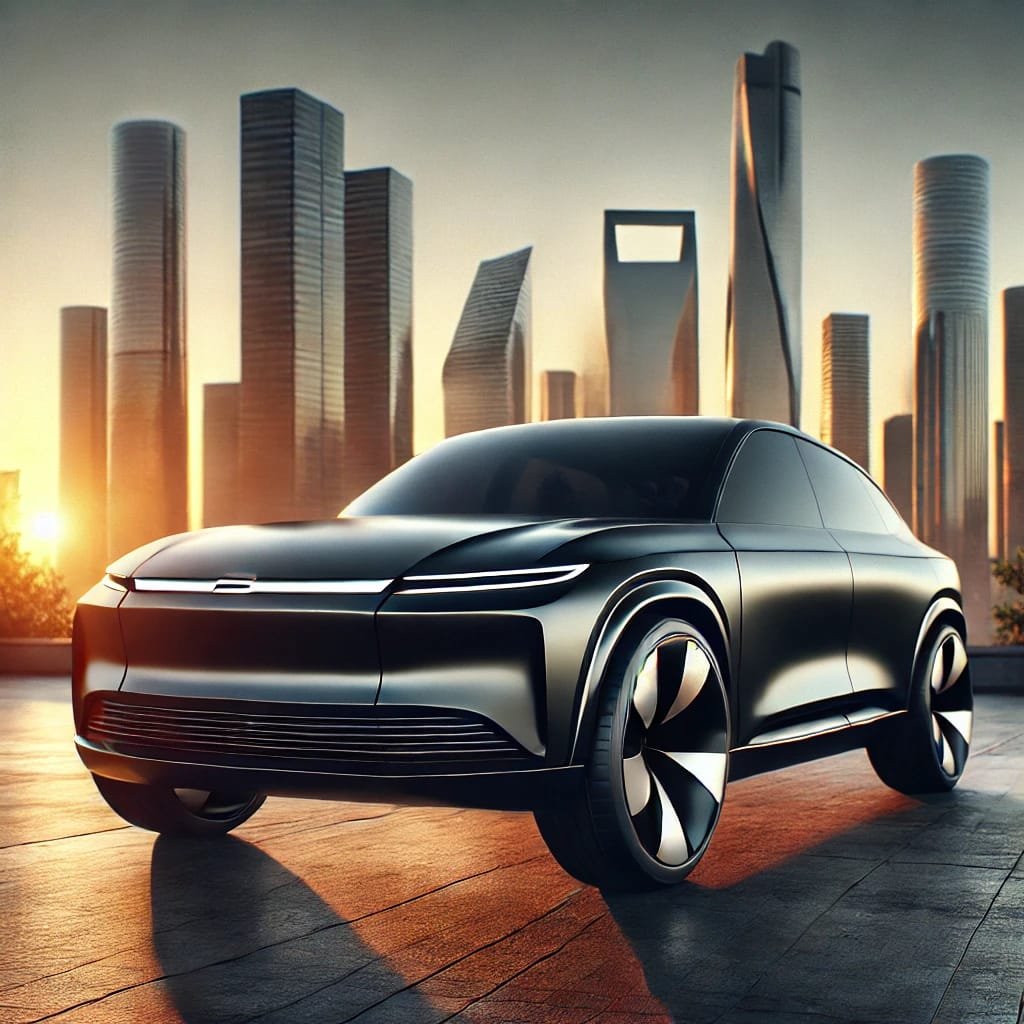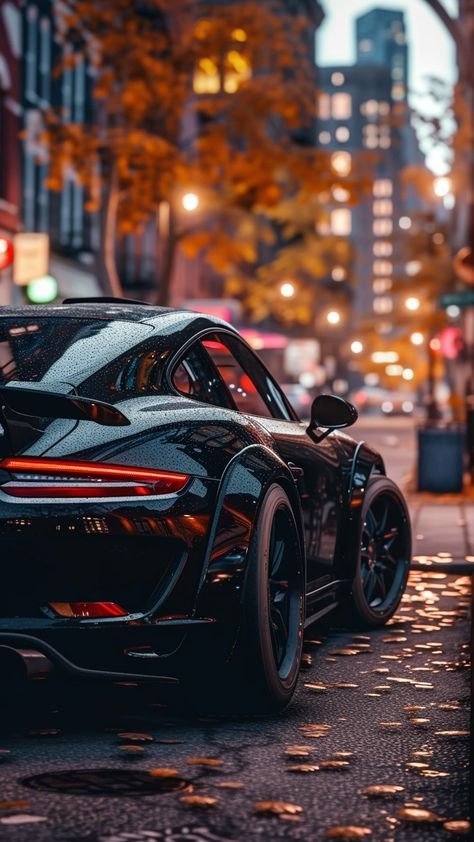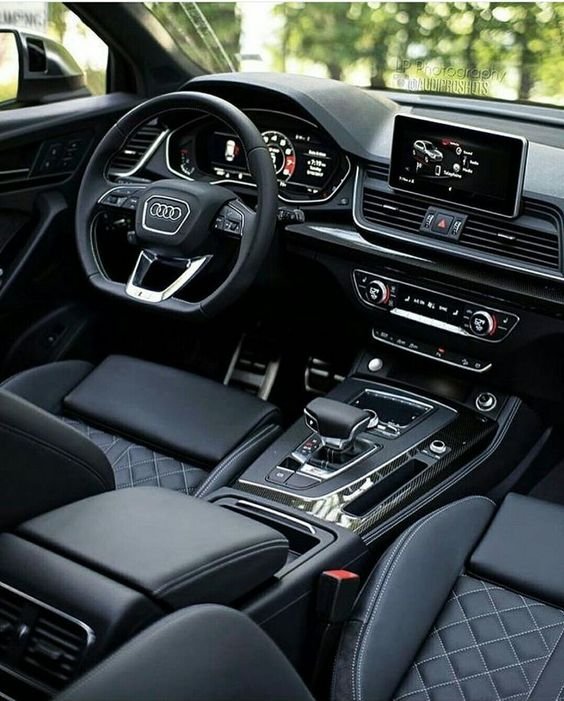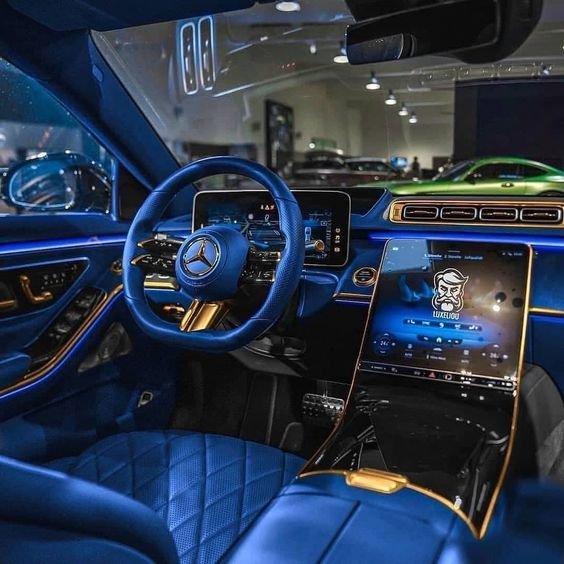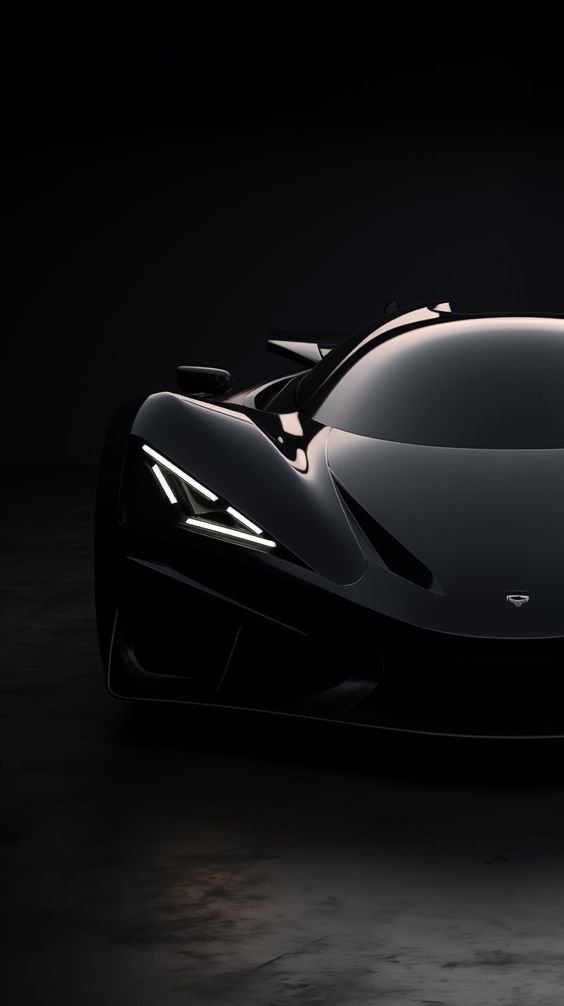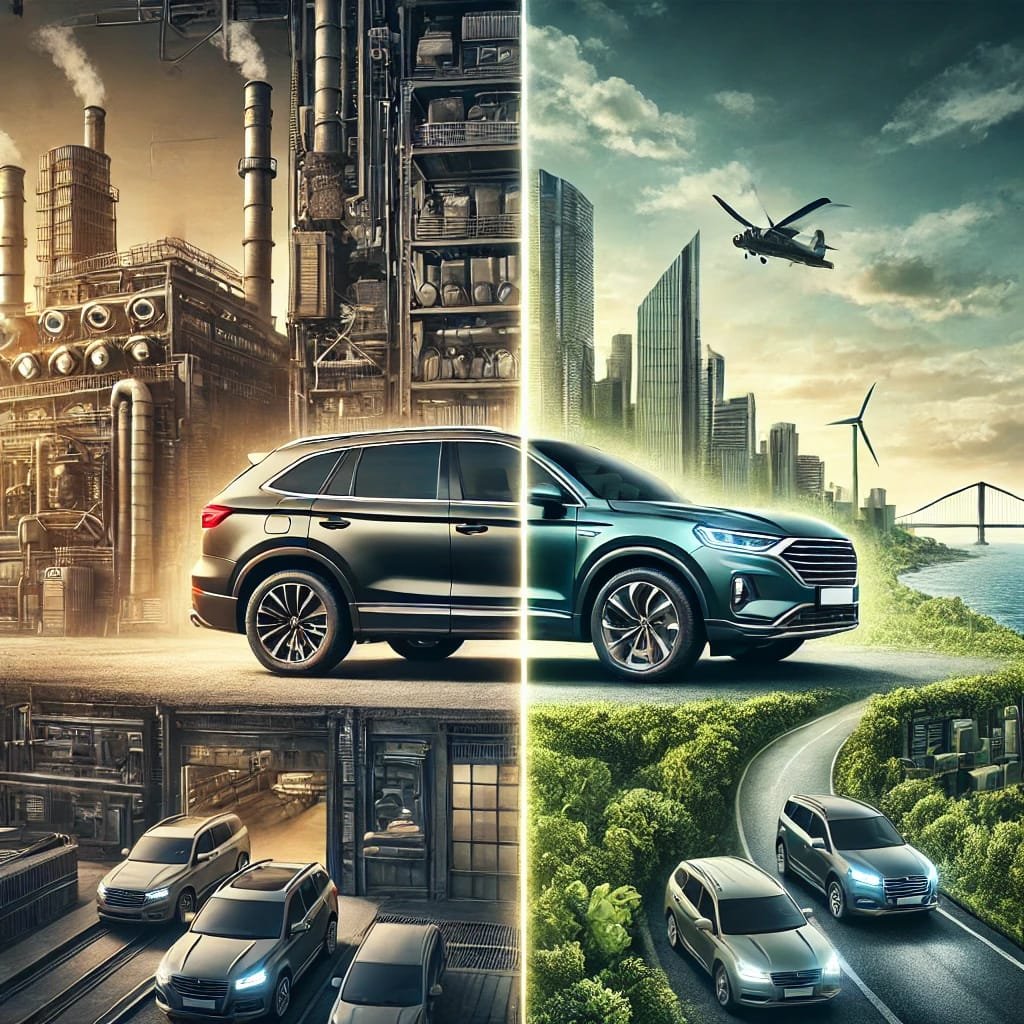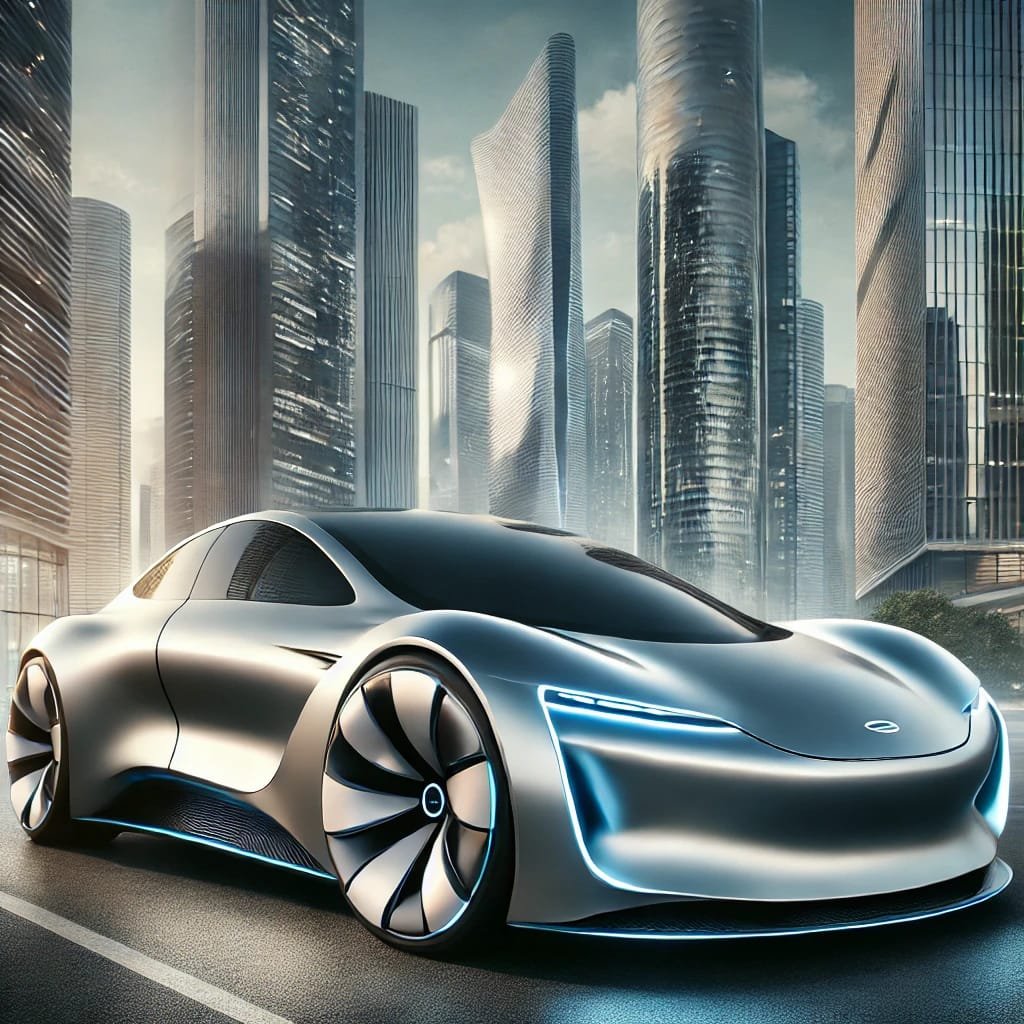
The automotive market is diverse, catering to a wide range of consumer preferences, budgets, and needs. Two prominent segments within this market are luxury cars and economy cars, each offering distinct features, advantages, and challenges. This article provides a comprehensive market analysis of luxury and economy cars, examining their key characteristics, market trends, consumer behavior, and future outlook.
Defining Luxury and Economy Cars
Luxury Cars
Luxury cars are high-end vehicles known for their superior performance, advanced technology, premium materials, and exceptional comfort. These vehicles often come with a higher price tag due to their enhanced features and brand prestige. Key characteristics of luxury cars include:
- Performance: Powerful engines, superior handling, and advanced drivetrain technologies.
- Technology: Cutting-edge infotainment systems, driver-assistance features, and connectivity options.
- Materials: High-quality materials such as leather, wood, and metal trims.
- Comfort: Enhanced comfort features like advanced climate control, massage seats, and noise insulation.
- Brand Image: Luxury brands like Mercedes-Benz, BMW, Audi, and Lexus are associated with status and prestige.
Economy Cars
Economy cars are designed to be affordable, fuel-efficient, and practical. They cater to budget-conscious consumers who prioritize cost savings and reliability. Key characteristics of economy cars include:
- Affordability: Lower purchase price and operating costs.
- Fuel Efficiency: Efficient engines and lightweight construction for better fuel economy.
- Practicality: Simple design, functional interiors, and essential features.
- Reliability: Durable and easy-to-maintain vehicles with a focus on longevity.
- Brand Image: Brands like Toyota, Honda, Hyundai, and Ford are known for producing reliable and affordable economy cars.
Market Trends in Luxury Cars
Increasing Demand for SUVs
One of the most significant trends in the luxury car market is the growing demand for luxury SUVs. Consumers are increasingly opting for SUVs due to their spacious interiors, versatility, and commanding driving position. Luxury automakers have responded by expanding their SUV lineups, offering models that combine luxury and utility.
- Range Rover: Known for its off-road capability and opulent interiors, the Range Rover remains a top choice among luxury SUV buyers.
- BMW X Series: BMW’s X series offers a range of luxury SUVs that cater to different preferences, from the compact X1 to the spacious X7.
- Mercedes-Benz GLE: The GLE combines advanced technology, elegant design, and robust performance, making it a popular choice in the luxury SUV segment.
Emphasis on Electrification
Luxury automakers are leading the charge in the transition to electric vehicles (EVs). The push for electrification is driven by stricter emission regulations, advancements in battery technology, and growing consumer interest in sustainable transportation.
- Tesla Model S and Model X: Tesla has set the standard for luxury electric vehicles, offering high performance, long-range capabilities, and advanced autonomous driving features.
- Porsche Taycan: Porsche’s first all-electric sports car combines the brand’s legendary performance with zero-emission driving.
- Audi e-tron: Audi’s e-tron lineup includes luxury electric SUVs that offer a blend of comfort, technology, and eco-friendliness.
Integration of Advanced Technology
Luxury cars are at the forefront of automotive technology, offering features that enhance safety, convenience, and connectivity. Some of the latest technological advancements in luxury cars include:
- Autonomous Driving: Many luxury brands are developing advanced driver-assistance systems (ADAS) that enable semi-autonomous driving capabilities.
- Augmented Reality: Heads-up displays with augmented reality (AR) provide real-time information and navigation directly in the driver’s line of sight.
- In-Car AI: Artificial intelligence (AI) is being integrated into infotainment systems, offering voice-activated controls, personalized settings, and predictive maintenance alerts.
Focus on Customization and Personalization
Luxury car buyers expect a high level of customization and personalization. Automakers offer a wide range of options for buyers to tailor their vehicles to their preferences, from custom paint colors and interior materials to bespoke features and accessories.
- Bentley Mulliner: Bentley’s Mulliner division offers bespoke customization options, allowing buyers to create unique, handcrafted vehicles.
- Rolls-Royce Bespoke: Rolls-Royce’s Bespoke program provides virtually limitless customization options, ensuring that each car is a unique reflection of the owner’s taste.
Market Trends in Economy Cars
Growing Demand for Compact and Subcompact Cars
Compact and subcompact cars continue to be popular among economy car buyers due to their affordability, fuel efficiency, and ease of maneuverability in urban environments.
- Toyota Corolla: The Corolla remains one of the best-selling compact cars globally, known for its reliability, fuel efficiency, and practicality.
- Honda Civic: The Civic is celebrated for its sporty design, efficient performance, and advanced safety features.
- Hyundai Elantra: The Elantra offers a balance of affordability, comfort, and technology, making it a strong contender in the compact car segment.
Emphasis on Fuel Efficiency and Low Emissions
Economy car buyers prioritize fuel efficiency and low emissions to reduce operating costs and environmental impact. Automakers are focusing on developing more efficient internal combustion engines and hybrid powertrains.
- Toyota Prius: The Prius remains a benchmark for hybrid vehicles, offering excellent fuel economy and low emissions.
- Honda Insight: The Insight combines hybrid efficiency with a sleek design and advanced safety features.
- Hyundai Ioniq: The Ioniq offers multiple powertrain options, including hybrid, plug-in hybrid, and all-electric, catering to diverse consumer preferences.
Affordability and Value
Affordability and value are critical factors for economy car buyers. Automakers strive to offer competitive pricing while maintaining quality and reliability. Additionally, economy cars often come with generous warranties to enhance their value proposition.
- Kia Forte: The Forte is known for its affordability, stylish design, and comprehensive warranty.
- Chevrolet Spark: The Spark is one of the most affordable new cars on the market, offering basic transportation with modern features.
- Nissan Versa: The Versa provides good value with its low starting price, efficient performance, and standard safety features.
Advancements in Safety Features
Economy cars are increasingly equipped with advanced safety features that were once reserved for higher-end models. These features enhance the safety and appeal of economy cars.
- Automatic Emergency Braking (AEB): Many economy cars now come standard with AEB, which helps prevent collisions by automatically applying the brakes in emergency situations.
- Lane Departure Warning (LDW): LDW alerts drivers if they unintentionally drift out of their lane, helping to prevent accidents caused by driver distraction or fatigue.
- Blind Spot Monitoring (BSM): BSM systems notify drivers of vehicles in their blind spots, enhancing safety during lane changes.
Consumer Behavior and Preferences
Luxury Car Buyers
Luxury car buyers are typically affluent individuals who prioritize performance, brand prestige, and advanced technology. They value the exclusivity and status associated with luxury brands and are willing to pay a premium for superior craftsmanship and personalized experiences.
- Performance and Power: Luxury car buyers often seek powerful engines and dynamic driving experiences.
- Brand Loyalty: Many luxury car buyers are loyal to specific brands and models, driven by brand heritage and reputation.
- Technology Enthusiasts: Luxury car buyers are early adopters of advanced automotive technology, from autonomous driving features to cutting-edge infotainment systems.
Economy Car Buyers
Economy car buyers are budget-conscious consumers who prioritize affordability, reliability, and fuel efficiency. They seek practical and cost-effective transportation solutions that meet their daily needs without breaking the bank.
- Affordability: Economy car buyers focus on the total cost of ownership, including purchase price, fuel costs, maintenance, and insurance.
- Reliability and Longevity: Reliability and low maintenance costs are crucial factors for economy car buyers, as they seek vehicles that will last for many years with minimal issues.
- Fuel Efficiency: High fuel efficiency is a top priority for economy car buyers, helping them save money on fuel and reduce their environmental footprint.
Market Performance and Sales Trends
Luxury Car Market Performance
The luxury car market has shown resilience and growth, driven by increasing demand for high-end vehicles in emerging markets and continued interest in established markets.
- Emerging Markets: Growth in emerging markets, such as China and India, has boosted luxury car sales as rising incomes and economic development create new opportunities for luxury brands.
- Established Markets: In established markets like the United States and Europe, luxury car sales remain strong, supported by a steady base of affluent consumers and a growing preference for luxury SUVs.
- Electric Vehicles: The introduction of luxury electric vehicles (EVs) has contributed to the growth of the luxury segment, attracting environmentally conscious consumers who seek both performance and sustainability.
Economy Car Market Performance
The economy car market continues to be robust, driven by demand for affordable and fuel-efficient transportation.
- Global Sales: Economy cars consistently account for a significant portion of global vehicle sales, particularly in regions where affordability is a primary concern.
- Compact and Subcompact Segment: The compact and subcompact segments dominate the economy car market, offering a balance of affordability, efficiency, and practicality.
- Hybrid and Electric Options: The availability of hybrid and electric economy cars is growing, providing consumers with more choices for eco-friendly transportation.
Future Outlook
Luxury Cars
The future of luxury cars will be shaped by continued innovation, electrification, and customization.
- Electrification: Luxury automakers will continue to expand their electric vehicle offerings, with a focus on high performance, long range, and cutting-edge technology.
- Advanced Autonomous Features: The development of fully autonomous luxury vehicles will enhance convenience and safety, offering a new level of sophistication in personal transportation.
- Sustainable Luxury: Sustainability will become increasingly important, with luxury brands incorporating eco-friendly materials and sustainable manufacturing practices.
Economy Cars
The future of economy cars will be driven by advancements in efficiency, affordability, and technology.
- Improved Fuel Efficiency: Ongoing improvements in internal combustion engines and hybrid powertrains will enhance the fuel efficiency of economy cars.
- Affordable EVs: The availability of affordable electric vehicles will grow, providing budget-conscious consumers with more options for zero-emission transportation.
- Connected Features: Economy cars will continue to adopt advanced safety and connectivity features, enhancing their appeal and value proposition.
The luxury and economy car markets cater to different consumer needs and preferences, each with its own unique set of characteristics, trends, and challenges. Luxury cars offer superior performance, advanced technology, and brand prestige, appealing to affluent buyers who prioritize exclusivity and status. Economy cars, on the other hand, provide affordability, reliability, and practicality, making them ideal for budget-conscious consumers.
Understanding the market trends, consumer behavior, and future outlook for both segments is essential for automakers, investors, and consumers alike. As the automotive industry continues to evolve, both luxury and economy cars will play a crucial role in meeting the diverse needs of drivers around the world. Whether driven by innovation, sustainability, or affordability, the future of both luxury and economy cars promises to be dynamic and exciting.
ALSO READ: Mahindra Scorpio: A Comprehensive Review of the Rugged SUV

